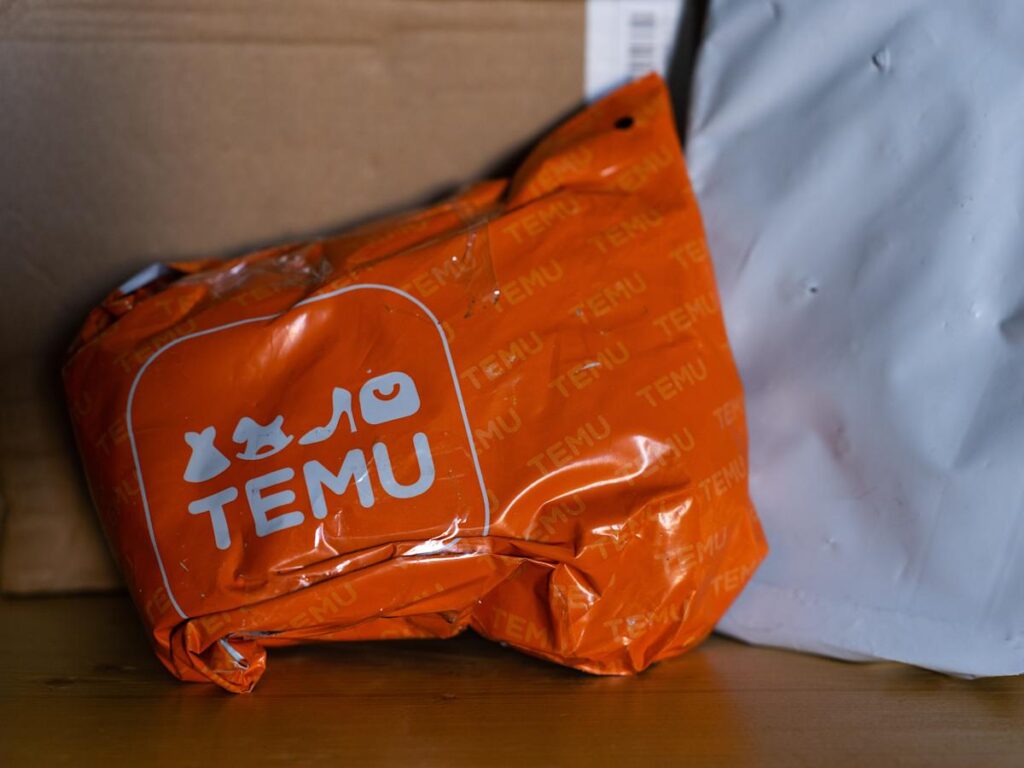-
Trump ended de minimis tariff exemptions for packages from China and Hong Kong.
-
Chinese e-commerce stocks like Alibaba and JD.com fell after the announcement.
-
There were 1.36 billion de minimis shipments into the US last year, up from 139 million in 2015.
Investors pulled out of some of China’s biggest e-commerce companies after US President Donald Trump signed an executive order targeting low-value packages on Wednesday.
The announcement sent shares of PDD Holdings — the owner of Temu — plunging 6% in after-hours trade on Nasdaq. The stock closed 2.6% lower at $119.07 apiece on Wednesday.
Shares of Alibaba — which operates AliExpress — slumped 5.1% in after-hours trade in the US. Its Hong Kong-listed stock was down 5% by 11:15 a.m. local time.
Shares of JD.com in Hong Kong tumbled 4.7%.
Trump’s order ends de minimis tariff exemptions for packages up to $800 from China and Hong Kong on May 2. The removal of the de minimis rule is a blow to Chinese e-commerce companies that have thrived on shipping low-value packages directly to US consumers.
The White House said Trump is targeting “deceptive shipping practices by Chinese-based shippers, many of whom hide illicit substances, including synthetic opioids, in low-value packages to exploit the de minimis exemption.”
There were 1.36 billion de minimis shipments into the US last year, according to the US Customs and Border Protection agency — up from 139 million in 2015.
But e-commerce giants Shein and Temu have already started preparing for the end of de minimis shipments by fulfilling more of their orders in the US.
E-commerce experts told Business Insider in February that the companies’ big advantage comes from ultra-low pricing.
Read the original article on Business Insider
Read the full article here


